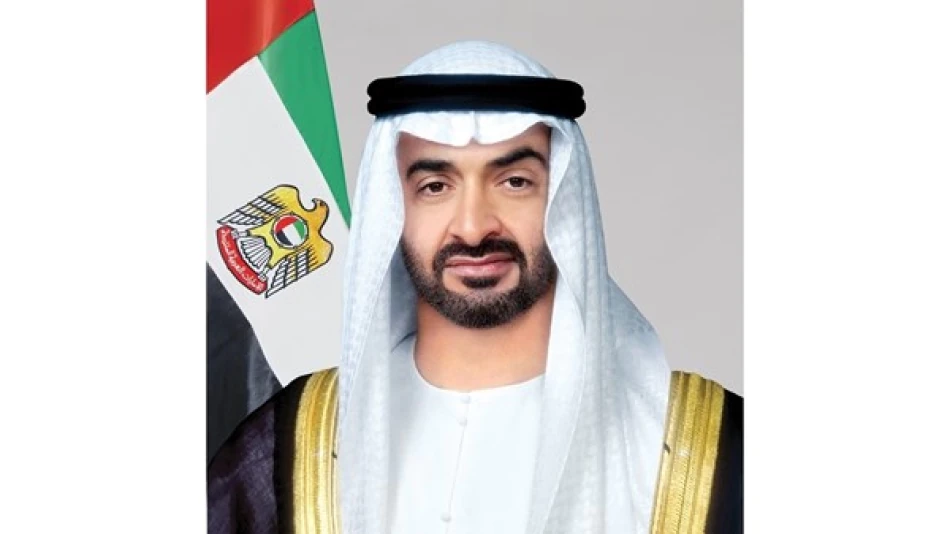
UAE President Embarks on Official State Visit to Georgia
UAE President Sheikh Mohamed bin Zayed Arrives in Georgia for Strategic Official Visit
UAE President Sheikh Mohamed bin Zayed Al Nahyan has arrived in Tbilisi for an official state visit to Georgia, marking another significant diplomatic engagement as the Emirates continues to expand its influence across strategic corridors between Europe, Asia, and the Middle East. The visit underscores the UAE's growing focus on the South Caucasus region as a key transit hub for trade and energy diversification.
High-Level Reception Signals Deepening Ties
Georgian Prime Minister Irakli Kobakhidze personally received Sheikh Mohamed bin Zayed at Shota Rustaveli Tbilisi International Airport, accompanied by a high-ranking UAE delegation. The formal reception included the playing of both national anthems and an honor guard ceremony, reflecting the diplomatic weight both nations are placing on strengthening bilateral relations.
The UAE delegation includes Sheikh Hamdan bin Mohamed bin Zayed Al Nahyan, Deputy Chairman of the Presidential Court for Special Affairs, Sheikh Mohamed bin Hamad bin Tahnoun Al Nahyan, Advisor to the President, and several ministers and senior officials, indicating the comprehensive nature of discussions likely to take place.
Strategic Positioning in the South Caucasus
This visit comes at a pivotal time for Georgia's geopolitical positioning. The country serves as a crucial link in the Middle Corridor trade route, connecting Central Asia to Europe while bypassing Russia. For the UAE, which has emerged as a major logistics and financial hub, Georgia represents an attractive partner for expanding trade networks and investment opportunities in the region.
Economic Diversification Drive
The timing aligns with both countries' economic diversification strategies. Georgia has been actively courting Gulf investment to reduce its dependence on traditional European partners and attract capital for infrastructure development. Meanwhile, the UAE continues its policy of building strategic partnerships across emerging markets as part of its post-oil economic vision.
Regional Implications and Investment Potential
For investors and regional observers, this diplomatic engagement signals potential new opportunities in sectors ranging from logistics and energy to technology and tourism. Georgia's strategic location, combined with the UAE's financial capabilities and expertise in creating business-friendly environments, could yield significant economic partnerships.
The visit also reflects broader regional dynamics, as Gulf states increasingly look beyond traditional Western partnerships to build influence in strategically important corridors. This mirrors similar UAE diplomatic initiatives in Central Asia, the Balkans, and Africa, where Abu Dhabi has positioned itself as a key economic partner and mediator.
What to Watch
Key areas likely to feature in discussions include infrastructure investment, particularly in Georgia's transport and logistics sectors, energy cooperation, and potentially defense partnerships. The UAE's experience in creating free economic zones and its expertise in aviation and logistics could prove particularly valuable for Georgia's ambitions to become a regional hub.
This visit represents more than ceremonial diplomacy—it signals the UAE's continued expansion of its global economic footprint and Georgia's success in attracting major international partners despite regional security challenges.
Most Viewed News

 Layla Al Mansoori
Layla Al Mansoori






